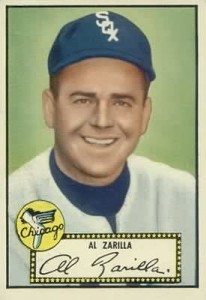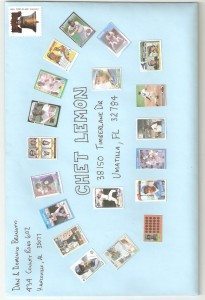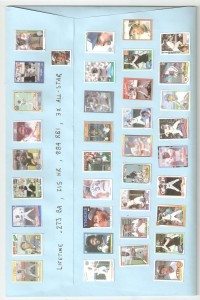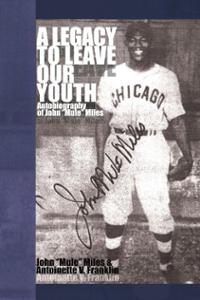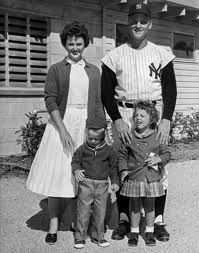I just heard from a collector who got a happy surprise by mail.
Someone who has a policy of charging per autograph through the mail (a rather stiff fee, in my opinion), signed one card for free in care of the team he’s still connected with.
I’m not naming the collector who shared this fact, nor the signer. The person has employed a fan mail “service” to process autograph requests. I don’t want the signer with second thoughts getting bombarded, or the autograph broker getting revenge over a missed profit.
However, this news gives me hope. Why?
1. Perhaps, some guys using autograph fees are looking only to curb mail sent to their homes. A letter to their team is easier to handle, considering that the person is signing on paid time. If a retiree is a special coach or advisor in spring training, that could be an option if the letter is well-timed.
2. Asking for one item wins over some skeptical signers.
3. A personal letter geared to that specific person is the key to winning.
Sure, there’s a chance that a collector’s attempt to sidestep the fee will wind up with a price list and an unsigned card. Or, no return at all. You make the call.
Members of www.sportscollectors.net will post successes, including times when a charging signer has relented. Do your research. You might get lucky.

